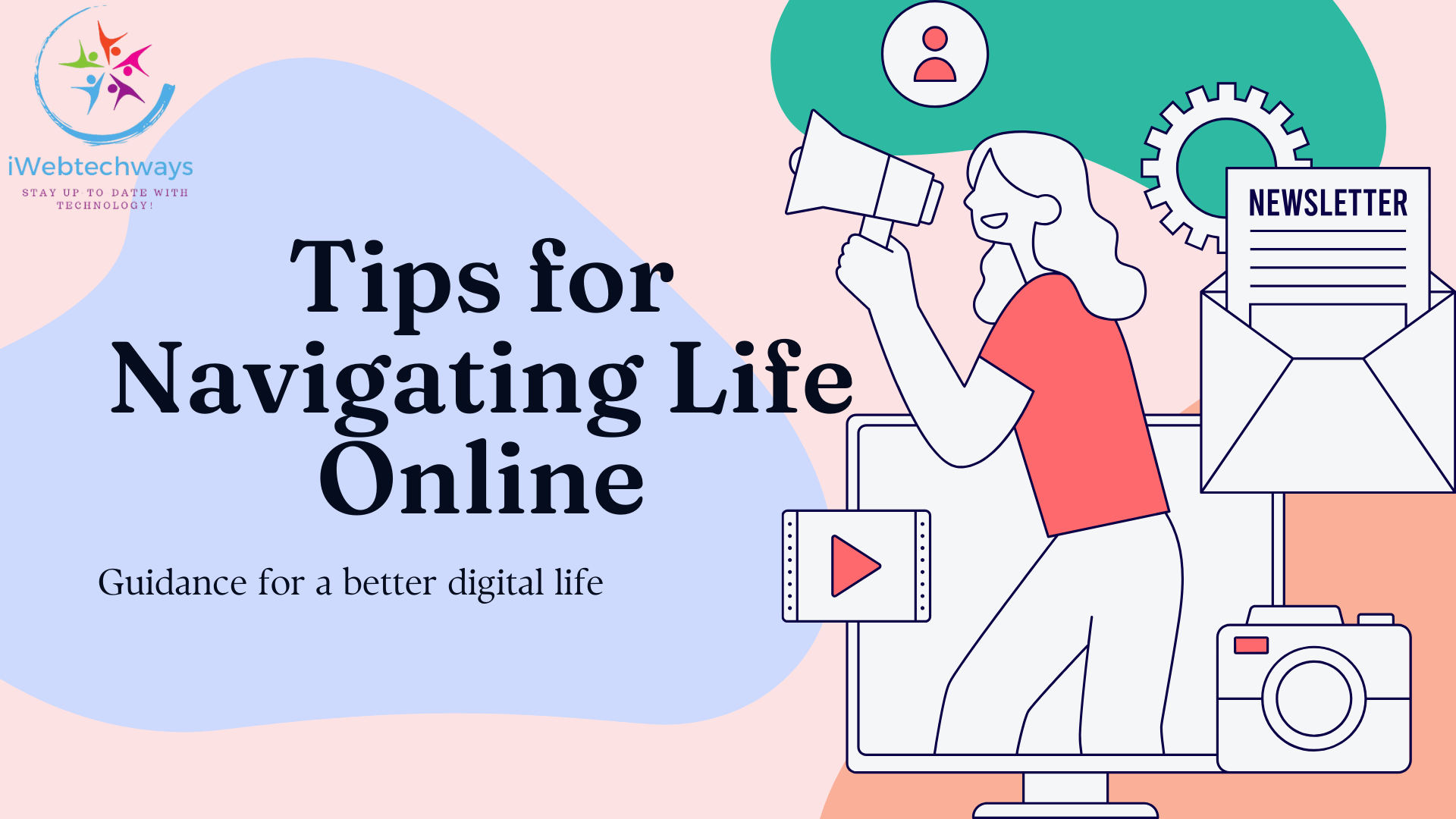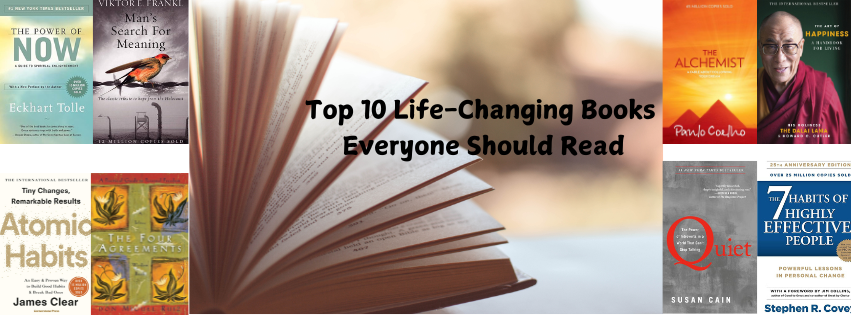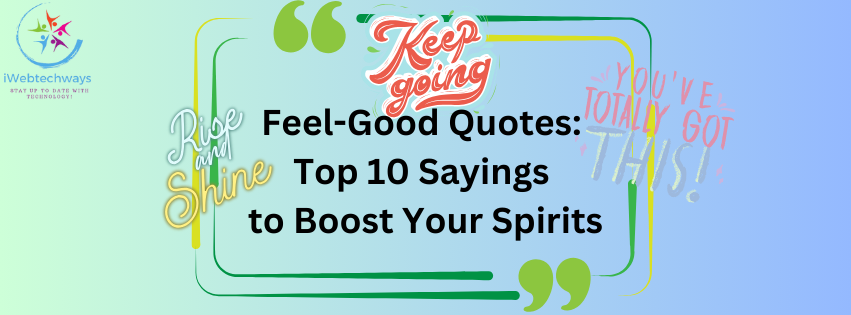In today’s digital age, social media plays a significant role in our lives. It connects us with friends and family, provides a platform for sharing our thoughts, and keeps us updated with the latest trends. However, navigating the social media landscape can be tricky, with its potential for both positive and negative impacts. Here are the top 10 life advice tips to help you use social media in a healthy, productive, and fulfilling way.
1. Be Authentic
One of the most important pieces of advice for using social media is to be authentic. Authenticity builds trust and genuine connections with your audience. Here’s how to be authentic on social media:
- Share Your True Self: Post content that reflects your true interests, values, and personality.
- Be Honest: Avoid exaggerating or misrepresenting your life. Authenticity means being honest about both your successes and challenges.
- Engage Genuinely: Interact with your followers sincerely. Respond to comments and messages thoughtfully.
2. Set Boundaries
Setting boundaries is crucial for maintaining a healthy relationship with social media. Without boundaries, it’s easy to get overwhelmed and distracted. Here are some tips:
- Limit Screen Time: Set specific times of the day to check social media and stick to them.
- Turn Off Notifications: Disable non-essential notifications to reduce distractions.
- Create Offline Time: Dedicate time each day to be offline and engage in activities that don’t involve screens.
3. Be Mindful of Your Mental Health
Social media can impact mental health, sometimes negatively. It’s important to be mindful of how it affects you and take steps to protect your well-being:
- Avoid Comparisons: Remember that people often share highlight reels, not their full reality. Avoid comparing your life to others.
- Follow Positive Accounts: Curate your feed by following accounts that inspire and uplift you.
- Take Breaks: If social media feels overwhelming, don’t hesitate to take a break to recharge.
4. Protect Your Privacy
Privacy is a major concern on social media. Protecting your personal information is essential:
- Adjust Privacy Settings: Review and adjust your privacy settings regularly to control who can see your posts and information.
- Be Cautious with Personal Information: Avoid sharing sensitive information, such as your address, phone number, or financial details.
- Think Before You Post: Consider the potential consequences of sharing certain information or images.
5. Use Social Media for Good
Social media has the power to bring about positive change. Use your platform to make a difference:
- Support Causes: Share information about causes and organizations you care about.
- Spread Positivity: Post positive and encouraging content. Uplift others with your words and actions.
- Educate and Inform: Use your platform to educate your audience on important issues and share valuable knowledge.
6. Engage Thoughtfully
Thoughtful engagement on social media fosters meaningful connections and discussions:
- Be Respectful: Always engage with others respectfully, even if you disagree with their opinions.
- Listen Actively: Pay attention to what others are saying. Show that you value their perspectives.
- Avoid Arguments: Steer clear of online arguments and heated debates. They rarely lead to productive outcomes.
7. Balance Online and Offline Life
Balancing your online presence with offline activities is essential for a fulfilling life:
- Prioritize Real-Life Interactions: Make time for face-to-face interactions with friends and family.
- Pursue Offline Hobbies: Engage in hobbies and activities that don’t involve screens.
- Create a Healthy Routine: Establish a daily routine that includes offline activities, such as exercise, reading, and spending time outdoors.
8. Stay Informed but Critical
Social media is a powerful tool for staying informed, but it’s important to approach it critically:
- Verify Information: Before sharing news or information, verify its accuracy from reliable sources.
- Be Aware of Bias: Recognize that social media algorithms often show content based on your preferences, which can create echo chambers.
- Avoid Misinformation: Be cautious of fake news and misinformation. Report suspicious content when necessary.
9. Foster a Positive Community
Creating and nurturing a positive community on social media can enhance your experience:
- Be Supportive: Offer support and encouragement to others. Celebrate their achievements and milestones.
- Moderate Comments: If you run a public page, moderate comments to maintain a respectful and positive environment.
- Create Value: Share content that provides value to your audience, whether through inspiration, education, or entertainment.
10. Reflect and Adapt
Regularly reflecting on your social media use can help you make necessary adjustments:
- Assess Your Usage: Periodically review how much time you spend on social media and its impact on your life.
- Set Goals: Define what you want to achieve with your social media presence and set goals accordingly.
- Adapt to Changes: Stay adaptable to changes in social media platforms and trends. Be open to trying new strategies and adjusting your approach.
Conclusion
Social media can be a powerful tool for connection, learning, and self-expression when used mindfully. By being authentic, setting boundaries, protecting your privacy, and using social media for good, you can create a positive online experience. Remember to balance your online and offline life, engage thoughtfully, and stay informed but critical. Foster a positive community and regularly reflect on your social media habits to ensure they align with your values and goals. Following these pieces of advice will help you navigate the social media landscape effectively and enrich your life.











